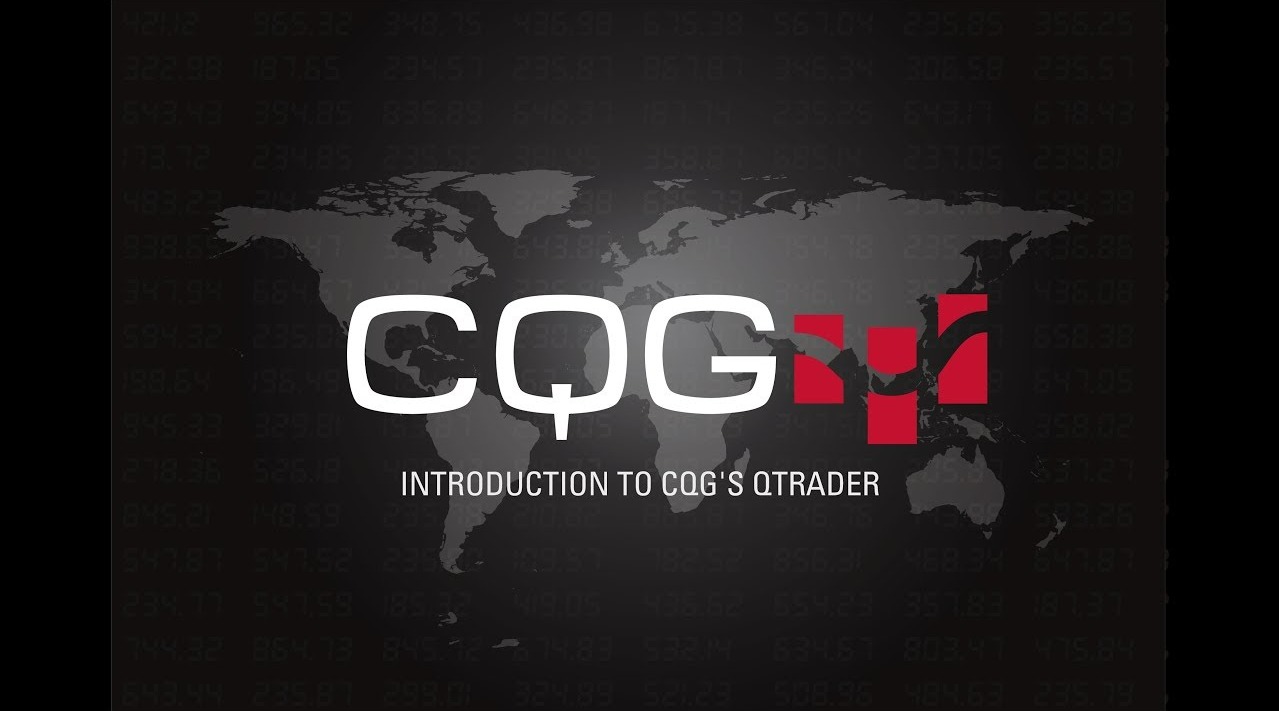To accelerate the rollout of the digital yuan, the People’s Bank of China (PBoC) has partnered with over 20 companies in the country to test it in the real world.
The central bank first inked partnerships with four state-owned banks - Industrial and Commercial Bank of China (ICBC), China Construction Bank, Agricultural Bank of China, and Bank of China - three telecom companies - China Telecom, China Mobile, and China Unicom - and tech giant Huawei.
The banks also converted a part of their central bank deposits into digital currencies and identifying sectors to push the digital currencies. They also have developed and tested the wallet platforms needed to store the digital currency.
The real-world testing was first initiated with the distribution of partial salary of the state employees in four cities - Shenzhen, Suzhou, Chengdu, and Xiong’an - in May.
Major private players to test digital yuan
However, the most notable signing happened earlier this month when the central bank onboarded the Chinese ride-hailing giant DiDi Chuxing to test the Digital Currency Electronic Payment (DCEP).
Notably, the platform has 550 million users with its fleet across over 400 cities that make a large and varied sample size for testing digital yuan.
The central bank also partnered with Tencent-backed food delivery startup Meituan Dianping for trialing the digital currency.
These two partnerships created a lot of buzz in the international markets as they have hundreds of millions of users and will bring the digital currency directly to the hands of the public.
During the development phase, the PBoC also collaborated with Fintech and Payments giants including Alipay and WeChat.
Apart from the confirmed ones, the monetary regulator is also reportedly in talks with Bilibili, a video streaming app with a user base of over 170 million. It is also asked retail chains including McDonald’s, Starbucks, and Subway for the trial of the digital yuan, but the details of that are not public yet.
International push for CBDC development
While China is moving towards the digital yuan launch, other international counterparts are also diving into testing their digital fiat. Most recently, the French central bank named eight partners to test the concept of digital currencies while the bank of Japan has formed a new committee to examine the concept.
Meanwhile, the Bank of Lithuania even issued its digital currency, called LBCOIN, becoming the first in European regulator to issue a central bank digital currency (CBDC).


















